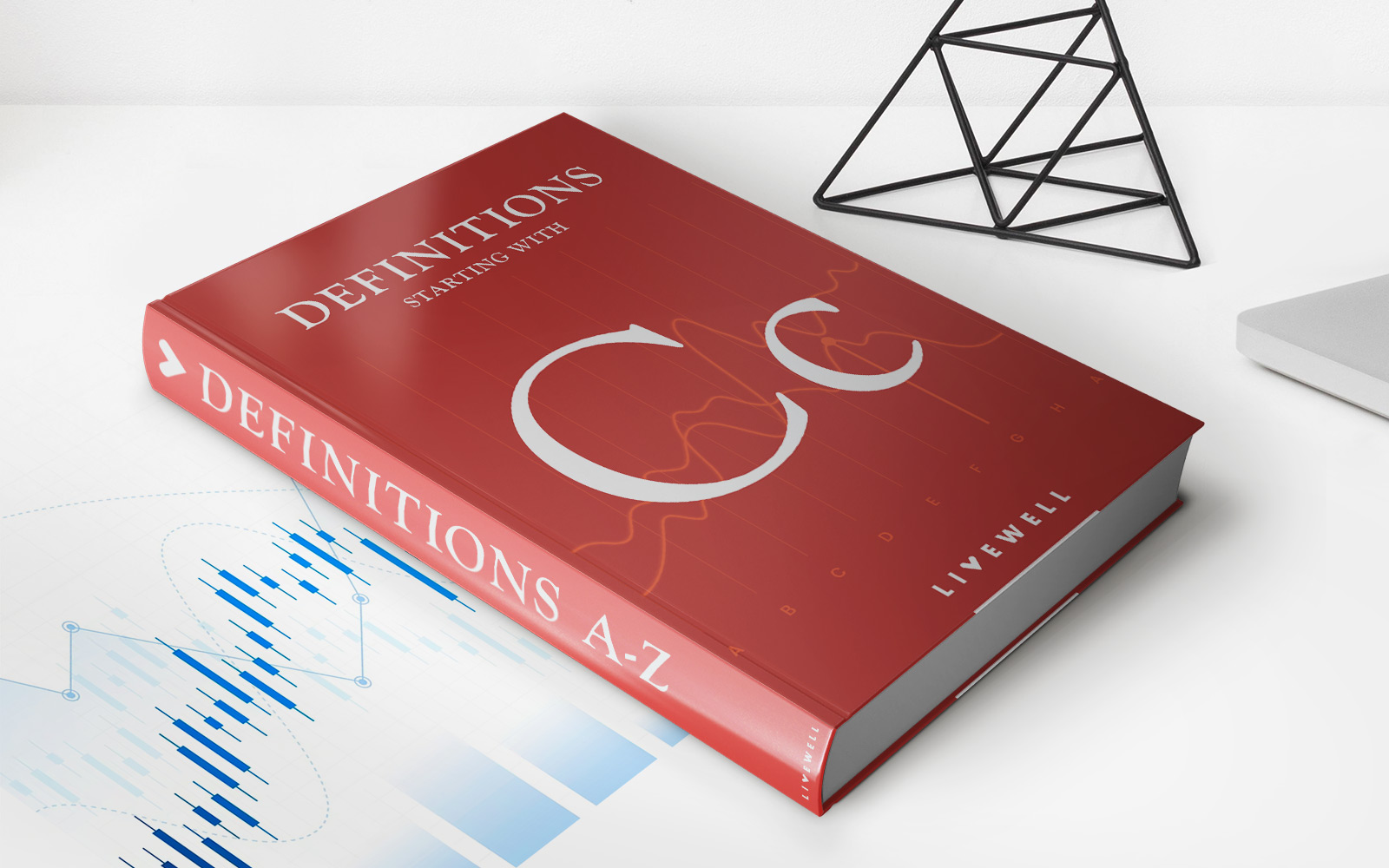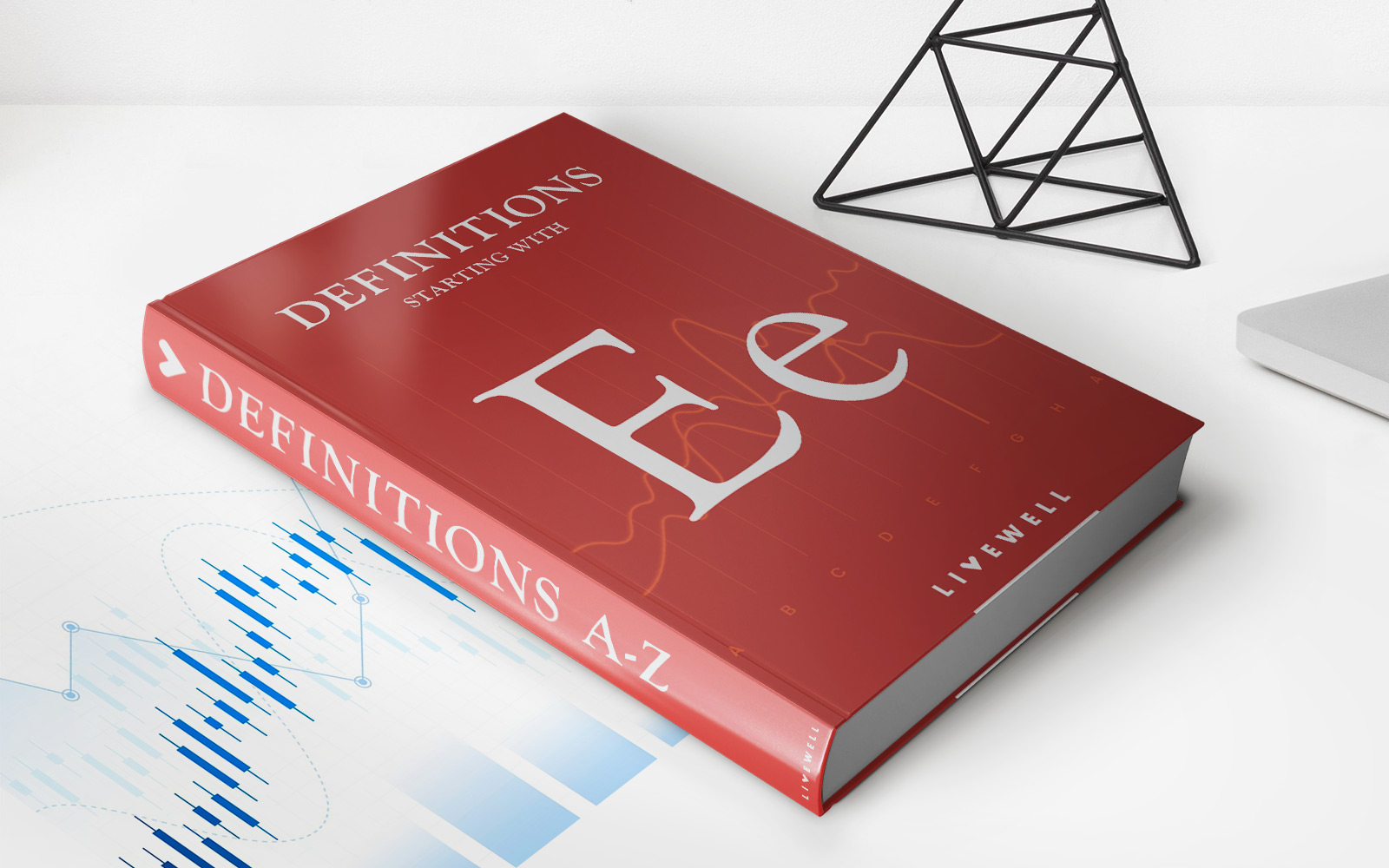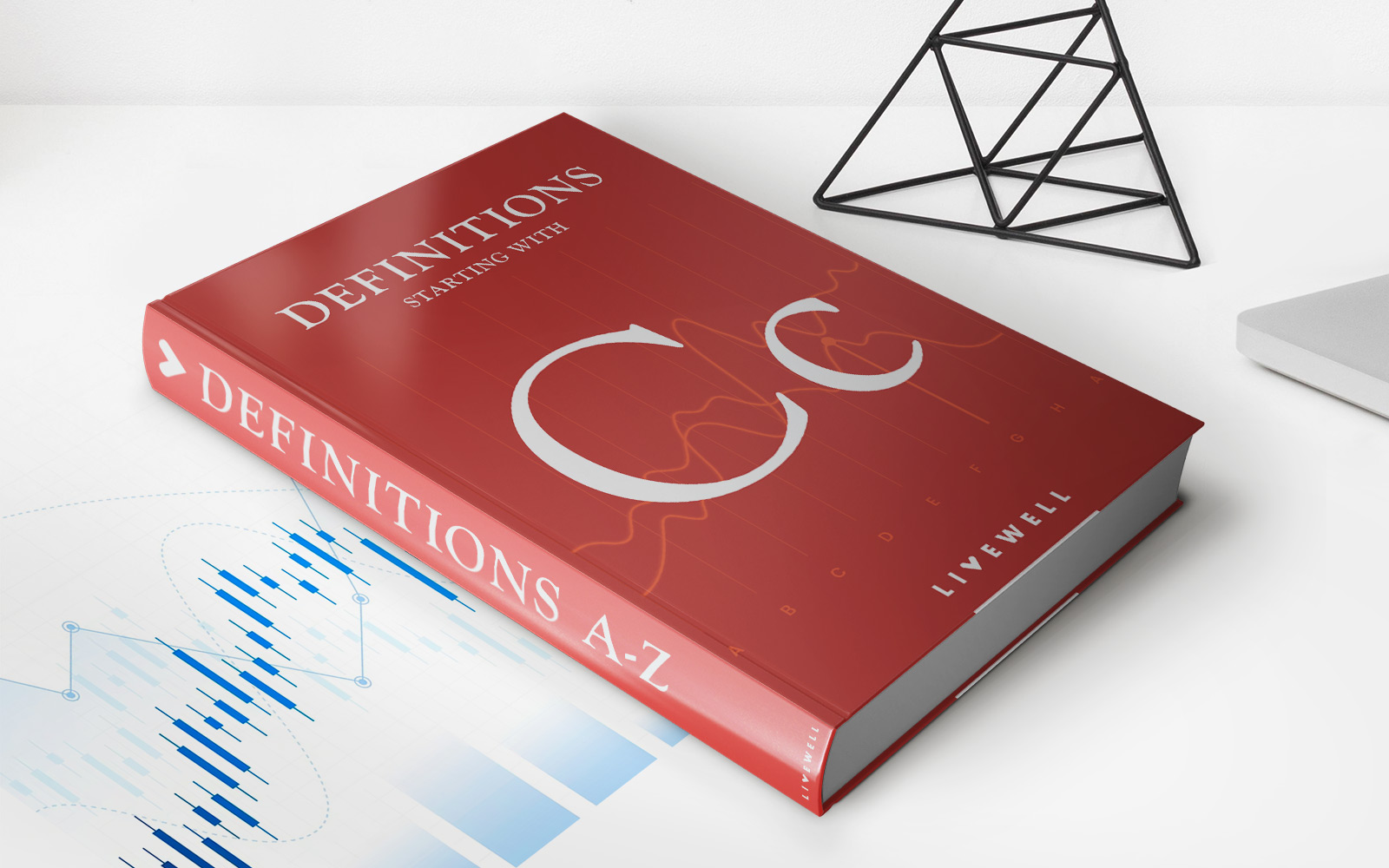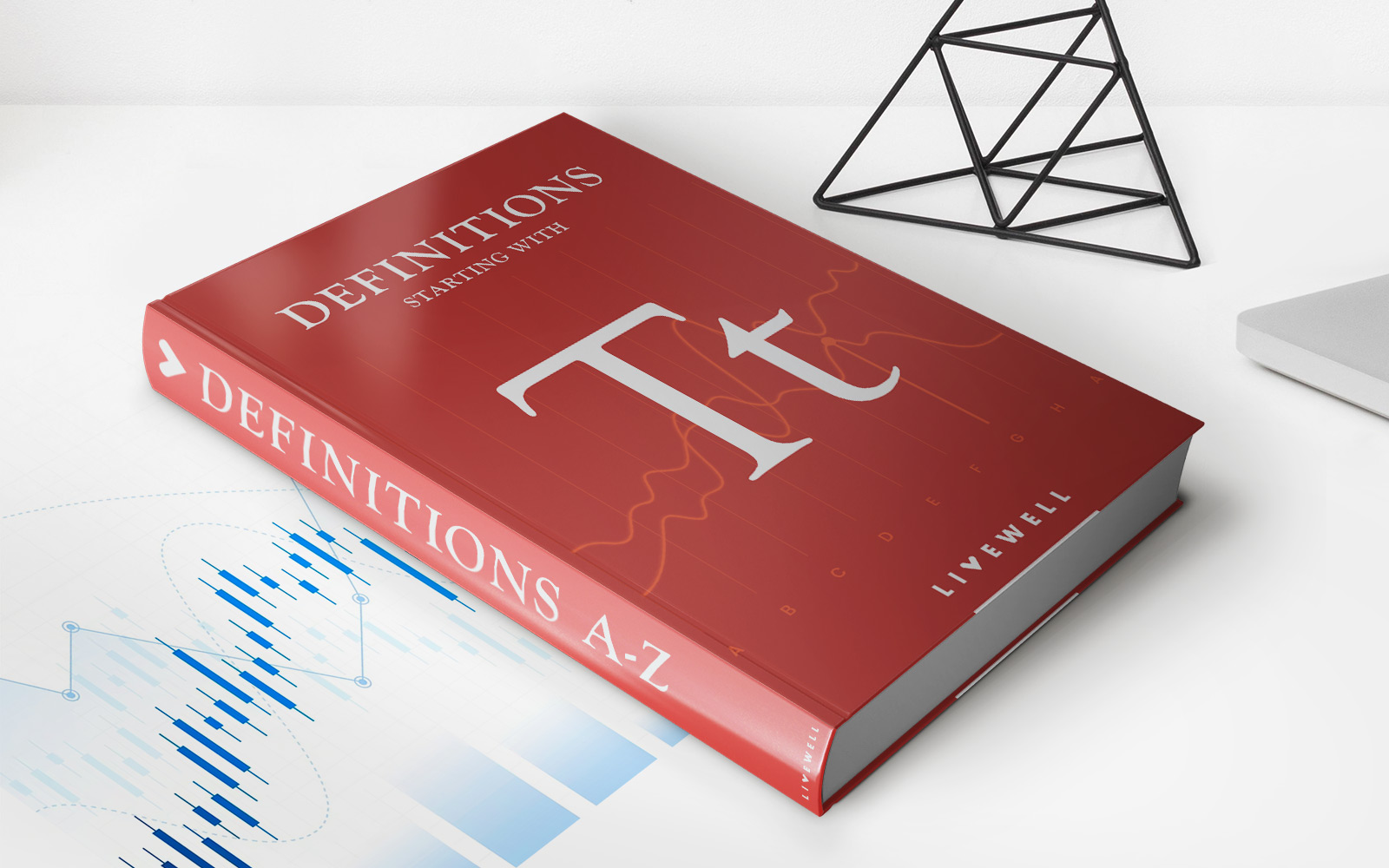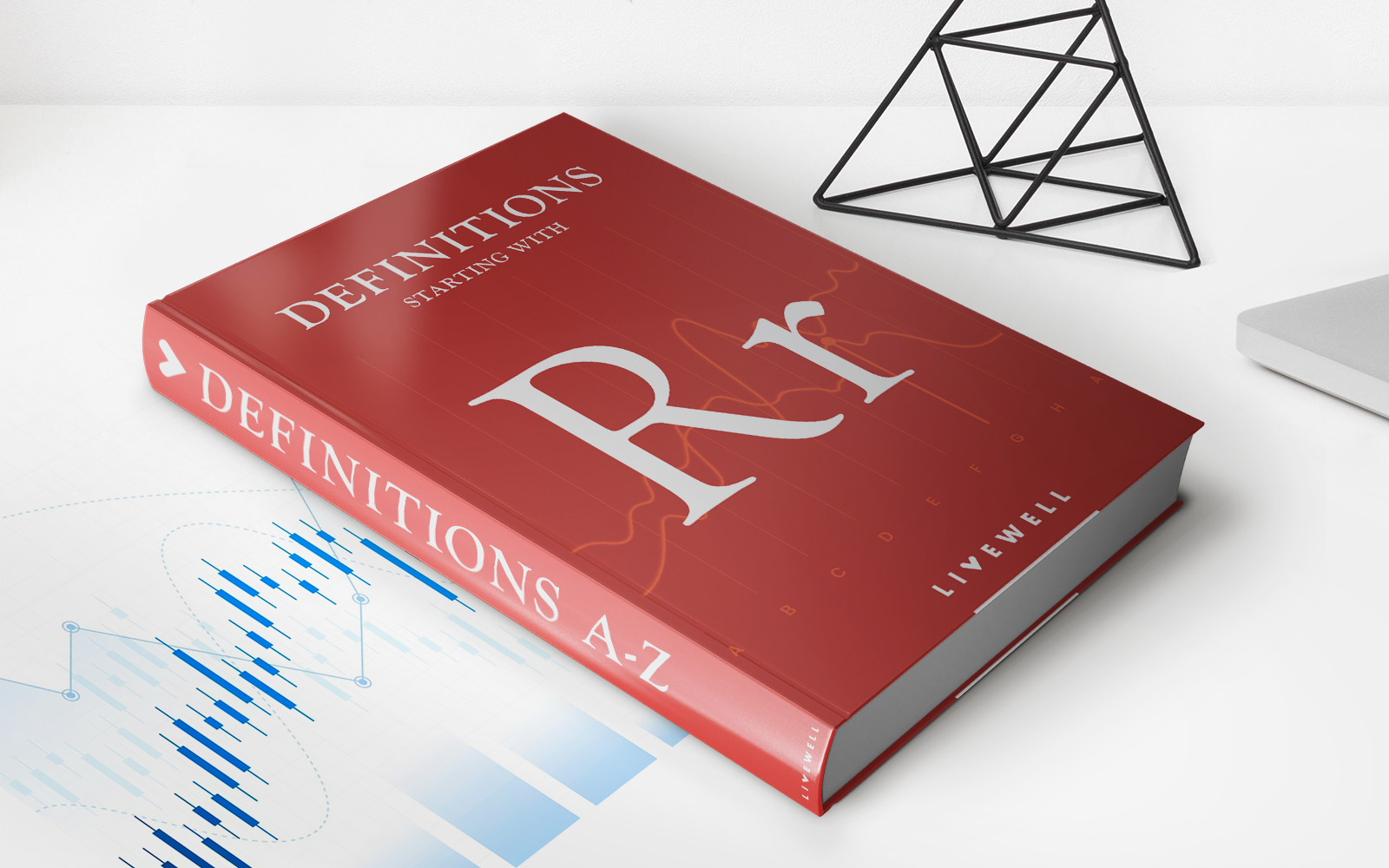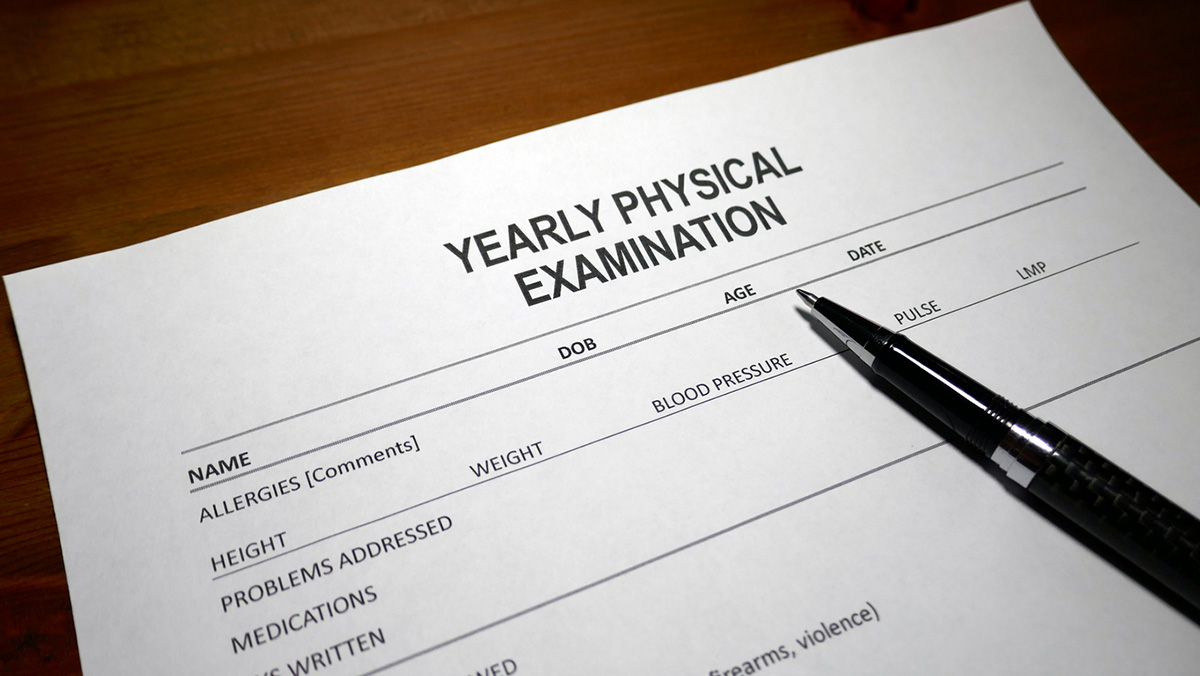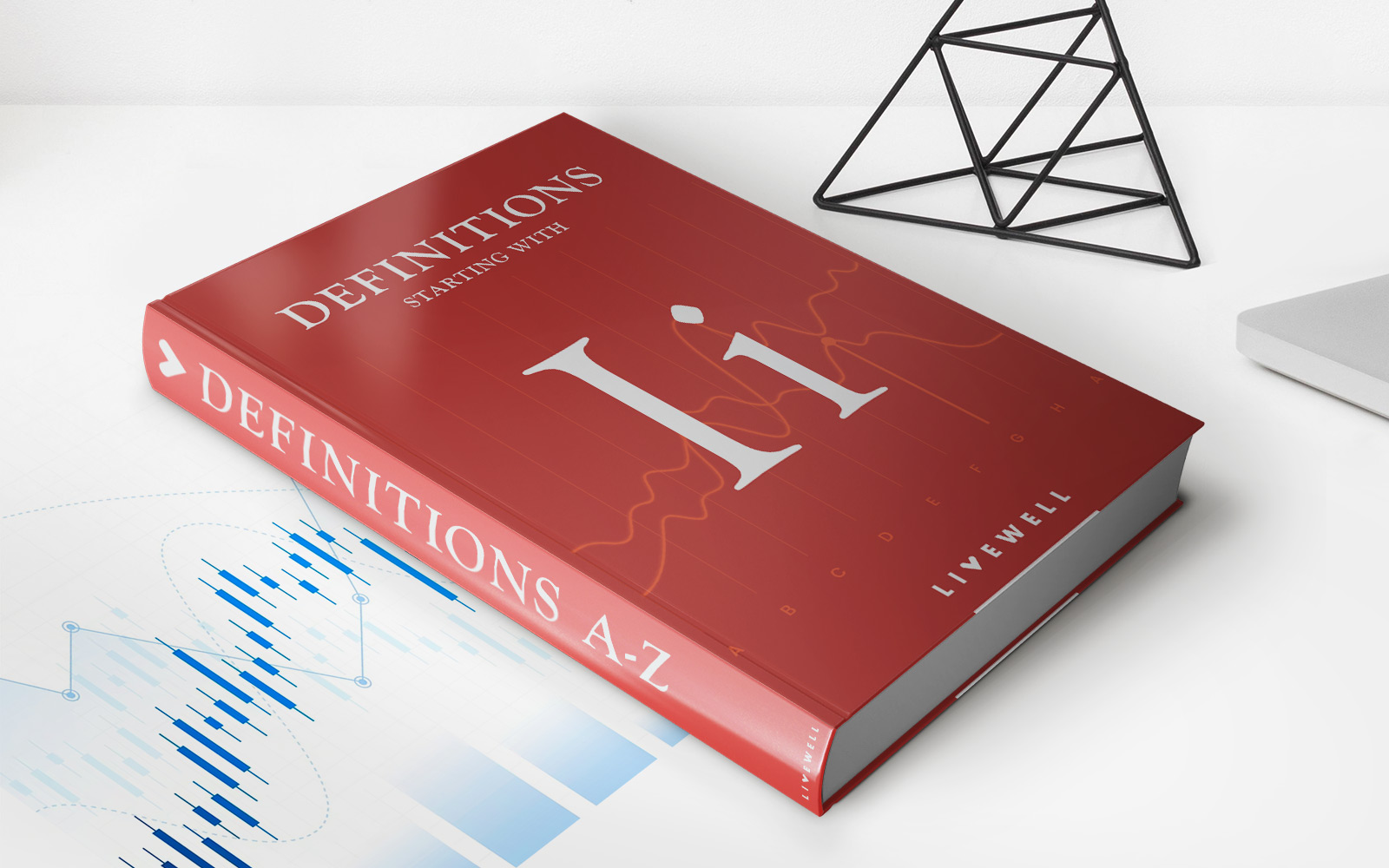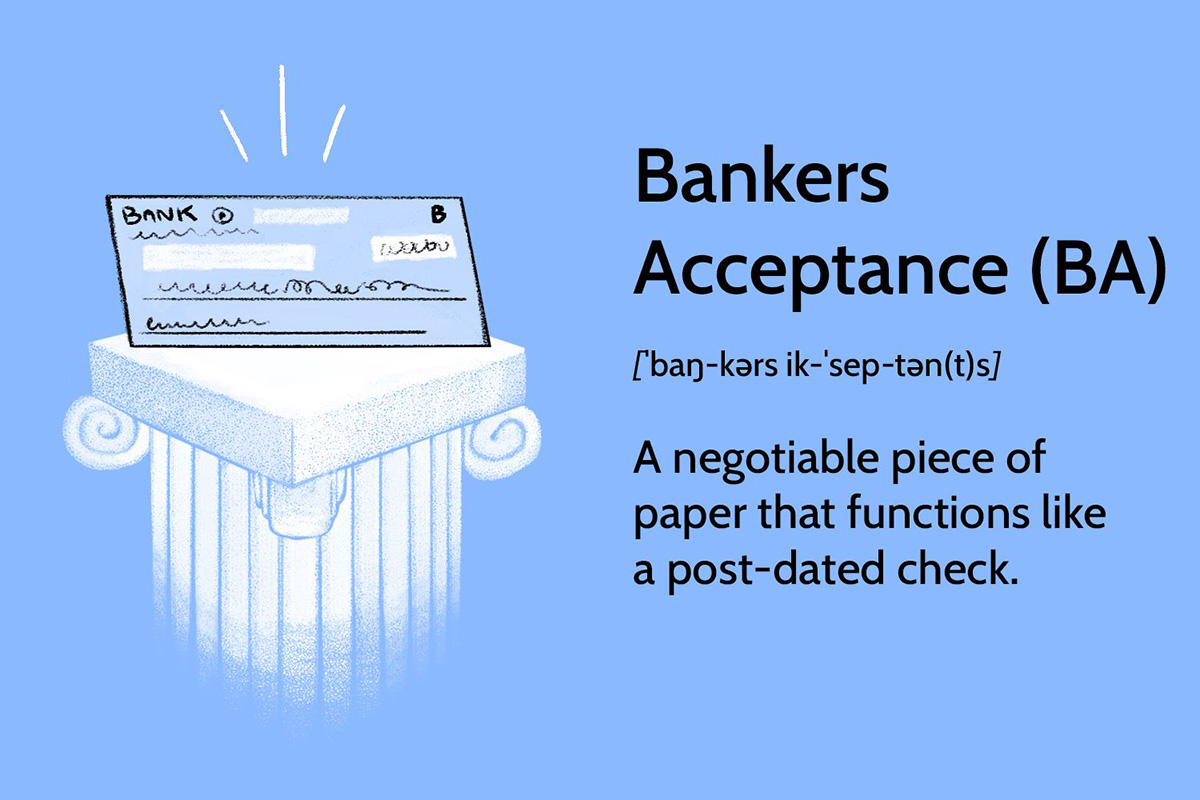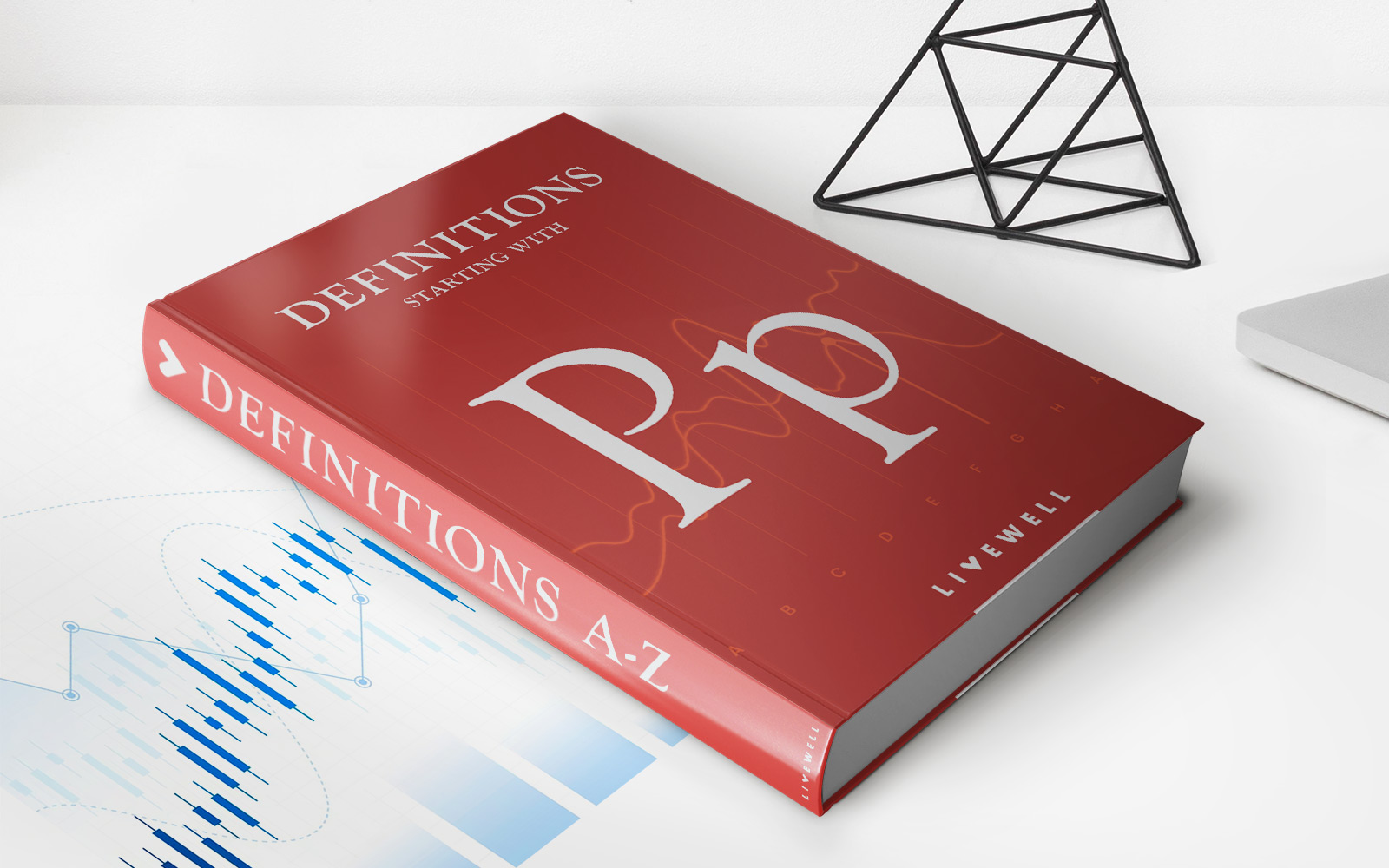

Finance
Physical Presence Test Definition
Modified: February 8, 2024
Learn the definition of the Physical Presence Test in finance and understand its importance for tax purposes. Discover how it determines residency status.
(Many of the links in this article redirect to a specific reviewed product. Your purchase of these products through affiliate links helps to generate commission for LiveWell, at no extra cost. Learn more)
Physical Presence Test Definition: Understanding the Importance for Your Finances
When it comes to managing your finances, it’s crucial to be aware of the various tests and criteria that can impact your tax obligations. One such test is the Physical Presence Test, which plays an essential role in determining your eligibility for certain tax benefits. In this blog post, we will delve into the Physical Presence Test definition and its significance, providing you with the insights you need to make informed financial decisions.
Key Takeaways:
- The Physical Presence Test is used by the Internal Revenue Service (IRS) to determine if you meet the requirements for certain tax benefits.
- To qualify for the Physical Presence Test, you must have been physically present in a foreign country for at least 330 full days within a 12-month period.
The Physical Presence Test is an important aspect of the tax code that can have a significant impact on your finances. Under this test, individuals who are living and working abroad can potentially qualify for the Foreign Earned Income Exclusion (FEIE) and the Foreign Housing Exclusion (FHE).
So, what exactly is the Physical Presence Test?
The Physical Presence Test is a criterion used by the Internal Revenue Service (IRS) to determine whether an individual qualifies for tax benefits, specifically the Foreign Earned Income Exclusion and Foreign Housing Exclusion. These exclusions allow individuals to exclude a portion of their foreign earned income and housing expenses from their taxable income. This can result in significant tax savings for those who meet the requirements.
How does the Physical Presence Test work?
The Physical Presence Test requires you to meet two qualifications:
- You must have been physically present in a foreign country for at least 330 full days within a 12-month period.
- Your presence in the foreign country does not have to be consecutive. It can be a combination of days within the same calendar year or overlapping periods of consecutive years.
If you meet these criteria, you may be eligible to exclude a portion of your foreign earned income and housing expenses when filing your taxes.
What are the benefits of meeting the Physical Presence Test?
If you qualify for the Physical Presence Test, you may be eligible for the following tax benefits:
- Foreign Earned Income Exclusion (FEIE): This exclusion allows you to exclude up to a certain amount of your foreign earned income from your federal tax return. For the tax year 2021, the maximum exclusion amount is $108,700. However, this amount is subject to change, so it is essential to stay updated with the latest tax regulations.
- Foreign Housing Exclusion (FHE): In addition to the FEIE, you may also be eligible for the Foreign Housing Exclusion. This exclusion allows you to exclude a portion of your foreign housing expenses, including rent, utilities, and maintenance costs, from your taxable income. The exclusion amount varies depending on the location and can be claimed in addition to the FEIE.
By meeting the Physical Presence Test and qualifying for these tax benefits, you can significantly reduce your tax liabilities, allowing you to keep more of your hard-earned money.
It’s important to note that tax laws and regulations are subject to change, and it’s always advisable to consult with a tax professional or CPA who specializes in international taxation to ensure compliance with the latest regulations and optimize your tax savings.
Understanding the Physical Presence Test definition and its significance can empower you to make informed financial decisions when living and working abroad. By taking advantage of the tax benefits associated with meeting this test, you can maximize your savings and allocate your resources more effectively.

